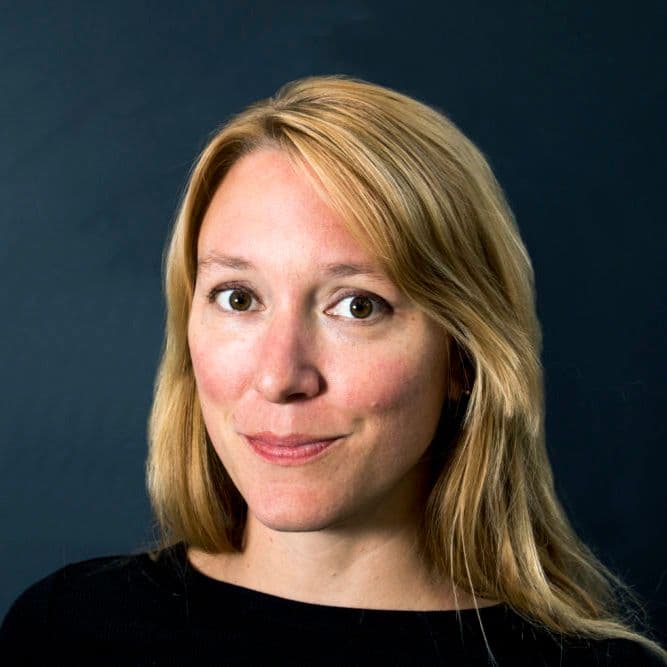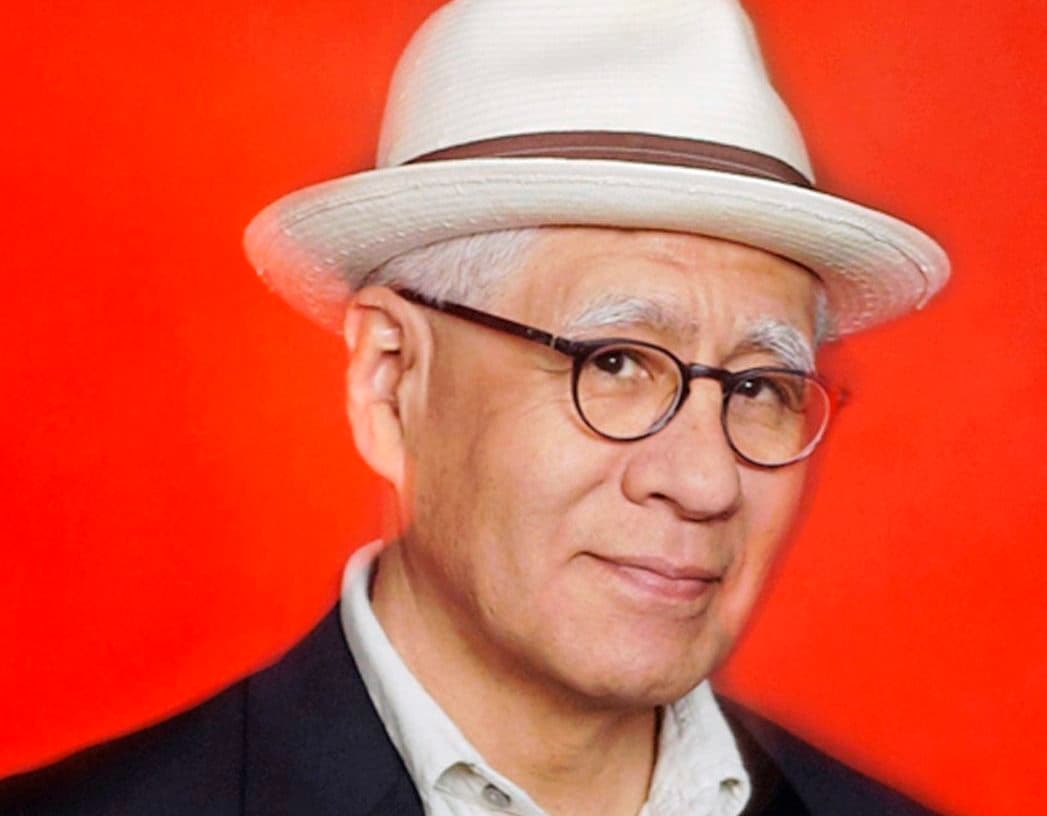In the fictional worlds created by Manuel Ramos, Denver's north side is a hotbed of crime and mystery.
In the real world, Ramos leads a less dramatic but still noteworthy life in Denver. In the 25 or so years since Ramos published his first novel, he's published nine more and a collection of short stories.
"Not sure if you've heard of Walter Mosley, African-American noir writer from around Houston, but most of his work is set in L.A. Manuel Ramos is sort of Denver's Mosely," Marty McGovern, co-director of Regis University's Mile-High MFA program, said in an email. "Not quite as huge, of course, but his Northside following is huge. And he's nationally famous."
His latest book, "Golden Havana Night: a Sherlock Homie Mystery," is one of many featuring Chicano culture and characters and that takes place -- at least in part -- in north Denver. They're ever-present elements in his work but, Ramos said, "I'm not trying to represent anybody, I'm just writing what I know."
Ramos is speaking at Regis at 6 p.m. Tuesday in the Mountain View Room at Claver Hall. We gave him a call to talk about Denver's literary scene, representation and more.
Ashley Dean: How did you get your start in Denver?
Manuel Ramos: I've been writing since I was a kid, but my first novel came out in 1993. It was a story that I had been working on and eventually, when I was working on it, I realized it was a mystery. That one was called "The Ballad of Rocky Ruiz" and it was published by St. Martin's Press out of New York and it was nominated for an Edgar Award. (Ed. note: It was also the winner of the Colorado Book Award.)
AD: And how many books have you published since?
MR: I've got 10 novels, one collection of short stories and various short stories.
AD: How do you reward yourself after completing a book?
MR: Usually when I'm working on something I don't talk about it or show it to anybody until I'm finished. Then my wife sees it and she gives me the thumbs-up, then I used to send it to my agent. Now that I'm set with a publisher, they get to look at it.
My reward is you do the typical thing, you go out for a nice dinner, have a few drinks. I'm a little jaded. It was a much bigger deal when I first got published -- going to parties and all kinds of stuff. Nowadays my wife and I just go out and have dinner and drinks.
AD: Where in Denver would you send people who want more literary experiences in their lives?
MR: There are several good bookstores that have author events. The BookBar on Tennyson is a good place. You can have some wine and they have different events. The Tattered Cover, of course, has always been good for local authors, and they have all kinds of author events every week.
There's other places that I go to, like Café Cultura, just hanging out with some of my writer friends. That's always a good time and people are welcome to come in and join us.
AD: What's the greatest strength of the Denver literary scene and where can it improve?
MR: I think No. 1 is that there are some really excellent writers in this area, in all genres. That's really good when you have colleagues and other writers who can inspire you and stimulate you and challenge you, really. We have great novelists and mystery writers and science fiction people. That's the first thing, is that we have a strong writing community. I think the second part of that is most of the writers I've encountered over the past decade have been very helpful. They're all ready to help and offer advice and respond to requests for assistance. That's kind of cool. That's the kind of place Denver is, really -- Denver and Boulder. There's a lot of camaraderie among the writers.
I think that we're kind of limited because of where we are geographically. The big time publishers on the East Coast and then the other media stuff that's on the West Coast, as everybody knows, they just fly over Denver and don't really pay attention to what's happening out here culturally. A lot of times Denver and the Rocky Mountain region is ahead of other places in terms of diversity, new experiences, new challenges. Denver's growing now and becoming such a huge attraction -- that might change. But I find that's true in all kinds of other ways -- the music scene, for example. Not everybody. The stars get noticed. I'm just talking in general terms now. ... Too often you hear people thinking maybe they need to go to one of the coasts to help sell their art.
AD: Denver and Chicano culture have been so important in your work for so long. Do you feel a sense of duty to represent both?
MR: I don't feel that I really represent anybody. I'm just a solitary voice. But what I try to do is be fair to my readers by writing fairly about the community that I come from. I try to be three-dimensional and avoid stereotypes. I tell the good and the bad. I write noir stuff, so it's the good and the bad, and there's going to be crime involved. But at the same time, I don't avoid the reality of what it's meant. My stories and books are set or usually start on the north side of Denver. Right now, that means coming to grips with gentrification and the tidal wave of things happening in the city. That's affecting people I know and it's affecting me, so that comes out in my writing. I'm not trying to represent anybody, I'm just writing what I know.













